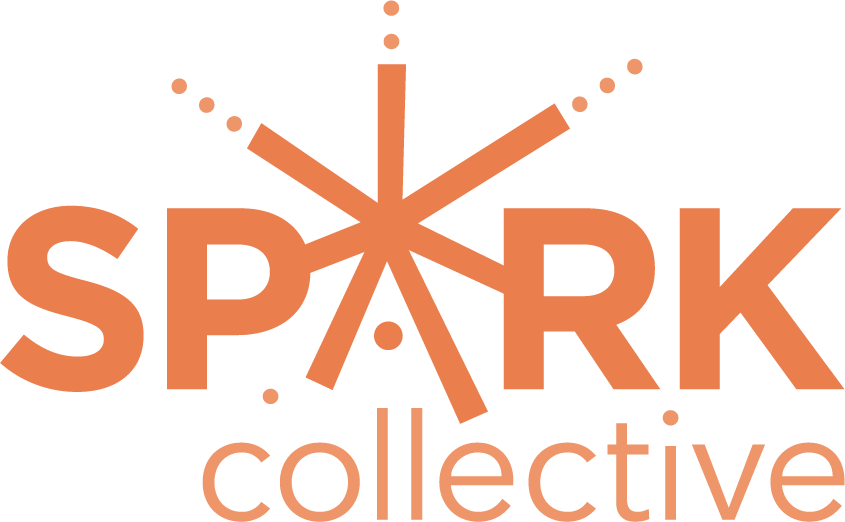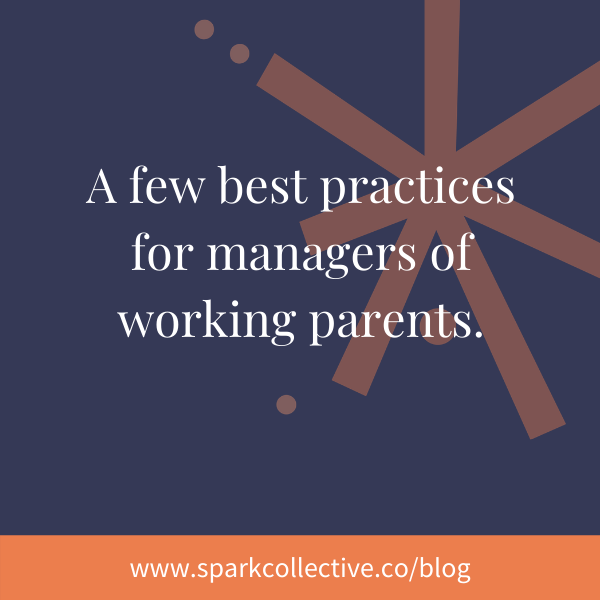In early 2018, I returned to work after a six month maternity leave and found the transition back to be unnecessarily and surprisingly challenging. By this time last year, something had sparked for me, and Spark Collective has been working since to answer a pressing question: How do we design a workplace that works for everyone, including parents? In other words, how do we design the workplace of the future?
Over the past year, we’ve spoken with more than 300 working parents, managers, leaders, and gender equity thought-leaders. We’ve piloted incredible content and hosted salons and highly-rated workshops. Through this journey, it has become clear that working parenthood isn’t working as well as it could, but innovative solutions are within reach. And the need for their implementation is urgent, especially as millennials, the largest generation in the workforce, become parents.
If we solve working parenthood, the benefits are limitless. Companies will retain their most talented employees, we will see more women in leadership positions, and, because of greater diversity at the leadership level, companies will be more successful across all measures.
By listening to and understanding the challenges specific to working parents, we will also shine a light on the deeper fractures in our workplace infrastructure and have the opportunity to design improved workplaces for all members of the workforce- ones that are truly inclusive, competitive, productive, and profitable, while also being healthy, human-centered, and positive places to work.
At Spark Collective, our key solution for working parenthood is holistic leadership development support across all levels of an organization- this absolutely includes investing in managers of working parents. We recently spoke about this in Working Mother magazine alongside other experts and companies shaping the future of parental leave.
Managers are eager to learn how to best support working parents, and we aren’t surprised. Research shows that 98% of managers wish they had manager training, and many managers feel unprepared to manage working parents in particular.
Manager-sourced best practices for working with working parents
2. Create flexible work environments through clear communication and expectations. I understand how nervous this one can make managers. That said, the research shows that the most successful managers are the ones who facilitate flexible work environments. These managers: 1) articulate the vision and goals of the project, 2) define the role of each team member, 3) establish the hours each day or week when all team members need to be available, and 4) let their teams roll.
3. Welcome and lead transparent conversations about working parenthood, working styles, and needs. This can happen at the start of a project, quarterly check-ins, and reviews.
What’s sparking for you? What are some of the best practices you use? How can you implement the ones elevated here?
Want a thought partner? Don’t hesitate to reach out!



Recent Comments